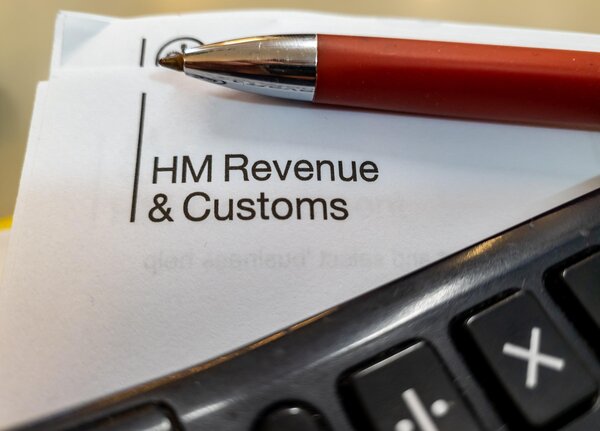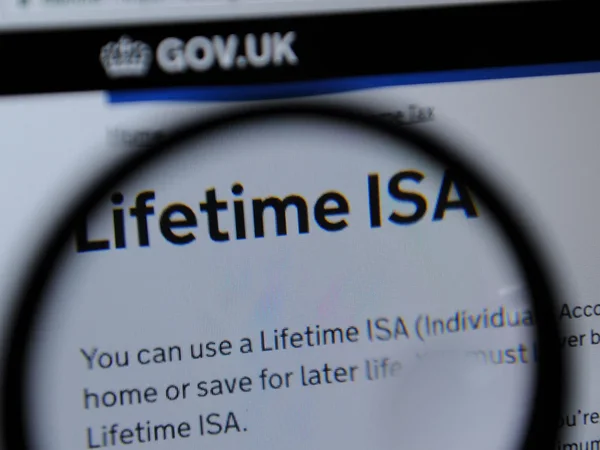Let’s Break It Down
When your employer puts money into your pension pot, that’s an employer's contribution. It’s a valuable workplace benefit that boosts your retirement savings without you having to do anything.
Most UK employers must automatically enrol eligible workers into a pension scheme and make minimum contributions. This is part of the government’s push to help more people save for retirement.
These contributions are separate from any money you choose to pay in yourself. They’re essentially free money towards your future!
What is Tax Relief on Employer Contributions?
Tax relief on employer contributions is a significant benefit for businesses, allowing them to deduct the cost of pension contributions from their taxable profits. This means that when an employer makes contributions to a registered pension scheme, they can reduce their corporation tax liability. Essentially, these contributions are treated as a business expense, which can be deducted from the employer’s trading profits for tax purposes.

Do I get tax relief on what my employer contributes to my pension?
Yes, but not in the way you might think. You don’t claim tax relief on employer contributions because you already get the tax benefit automatically. Companies can receive corporation tax relief for contributions made to registered pension schemes.
Your employer pays these contributions before any tax is deducted. This means the money never forms part of your taxable income in the first place.
It’s like getting a pay rise that goes straight to your pension without being taxed. If your employer puts £100 into your pension, the full £100 goes in – not a penny is lost to tax.
How does the tax benefit actually work?
When your employer contributes to your pension, you’re essentially receiving untaxed income. If they gave you the same amount as salary instead, you’d lose a chunk to income tax and National Insurance. This means you would have to pay income tax on that amount, reducing your take-home pay.
Let’s say your employer contributes £200 monthly to your pension. If they paid you this as extra salary instead, a basic rate taxpayer would only keep about £136 after tax and NI.
So while you don’t actively “claim” tax relief on employer contributions, you’re benefiting from £200 going into your pension rather than £136. That’s an instant boost of nearly 50% compared to taking the money as salary!

Is there a limit to how much my employer can contribute?
There’s no specific limit on employer contributions, but there is an annual allowance that applies to all pension contributions combined. For most people, this annual allowance is £60,000 (for the 2024/25 tax year). Employer contributions within this annual allowance can receive full tax relief, benefiting both basic and higher rate taxpayers.
If you’re a very high earner (over £260,000), your annual allowance might be lower due to something called the tapered annual allowance. This reduction can significantly impact how much can be added to your pension each year.
Exceeding your annual allowance can result in tax charges, so it’s worth keeping track of your total pension contributions. I once helped a client who unknowingly exceeded their allowance and faced an unexpected tax bill.
How Employer Contributions Affect Employer Pay
Employer contributions to a pension scheme can significantly impact both the employer’s and the employee’s financial landscape. When an employer makes a pension contribution, they are essentially allocating a portion of the employee’s salary into the pension scheme rather than paying it directly to the employee. This strategic move can lead to substantial savings on national insurance contributions and reduce the employer’s corporation tax liability.

Are employer contributions better than my own contributions?
Employer contributions are brilliant because they’re essentially free money. It’s hard to beat getting additional retirement savings without it affecting your take-home pay.
However, your own personal contributions are valuable too, especially since they receive tax relief at your highest income tax rate. This means higher-rate taxpayers get more relief per pound contributed. Personal contributions, along with employer contributions, are considered within the annual allowance for pension schemes, enhancing your financial security and offering potential tax benefits.
The best approach is usually to contribute enough yourself to maximise any employer matching. Some employers will match or even double your contributions up to a certain percentage.
How can I make the most of employer pension contributions?
Check if your employer offers a salary sacrifice scheme. This arrangement can save both you and your employer on National Insurance contributions.
Review your workplace pension scheme details to see if your employer will match additional voluntary contributions you make. This is one of the simplest ways to boost your pension.
Keep track of your annual allowance to make sure you're not exceeding it, or if you are, that you understand the tax implications. Consider using any unused allowance from previous years if making larger contributions.

Will I pay tax on my pension when I retire?
When you eventually access your pension (usually from age 55, rising to 57 in 2028), you can take 25% as a tax-free lump sum. This provides flexibility when you begin your retirement.
The remaining 75% will be taxed as income when you withdraw it. By then, you might be in a lower tax bracket than during your working years, potentially saving you money.
This is why pensions are often described as having "tax relief on the way in, tax-free growth while invested, and some tax to pay on the way out." The system is designed to encourage long-term saving.
What if I'm self-employed?
If you’re self-employed, you won’t have employer contributions, but you can still get tax relief on your personal pension contributions. The government adds basic rate tax relief automatically. Additionally, third party contributions can be made on behalf of self-employed individuals and are treated similarly to member contributions for tax relief purposes.
Higher and additional rate taxpayers can claim extra relief through their tax return. This makes pension saving worthwhile even without an employer’s help.
Pie is the UK’s first personal tax app designed specifically for working individuals looking to reduce their tax burden. It offers integrated bookkeeping, real-time tax figures, and simplified tax return processing with expert advice when you need it.

Final thoughts on employer pension contributions
Employer pension contributions are a smart, tax-efficient way to build your retirement savings. You get tax-free money added to your pot, which grows without being taxed until retirement—and even then, you can withdraw a portion tax-free.
While you won’t claim tax relief directly on what your employer pays in, you still benefit from the full value of those contributions. They’re a powerful tool for long-term financial planning.
To stay on top of your tax situation and make sure you’re not missing out on reliefs, Pie tax is here to help. With real-time figures and smart tools, Pie makes tax simple so you can focus on building a secure financial future.











